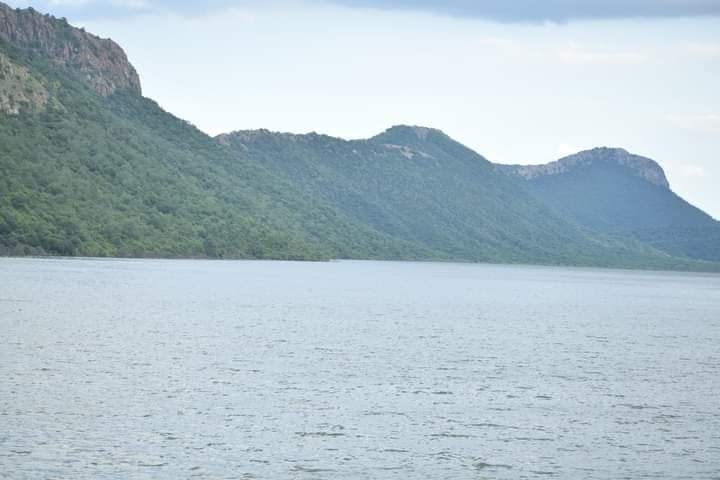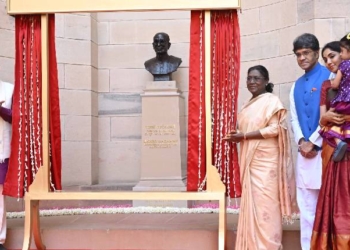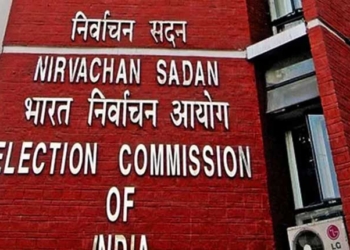Chennai: Barring the reservoirs in the eastern region, reservoirs in all other parts of India have lower live storage levels relative to live capacity, as of March 14, 2024, the Bank of Baroda said in a report.
According to the report, there are 150 reservoirs that are monitored by the Central Water Commission on a weekly basis and the total live capacity, at full reservoir level (FRL), is around 179 billion cubic metres (BCM).
The level of live storage, as of March 14, was 40 per cent of the live capacity. The ratio last year at this point of time was 47 per cent.
“While this is significantly lower, the 10-year average was 41 per cent. Hence the situation is still under control, when looked at in the historical context, at the aggregate level,” the report notes.
“The sharpest fall is seen in the southern region from 42 per cent to 24 per cent. Here the states which are under pressure are Andhra Pradesh (13 per cent ratio), Tamil Nadu (30 per cent) and Karnataka (26 per cent). Kerala was an outlier as it witnessed an increase over last year,” it said.
The western region is also lower by 9 per cent which is witnessed in both Maharashtra and Gujarat. Similarly, the northern region has seen a dip from 39 per cent to 34 per cent with Punjab (49 to 36 per cent) and Rajasthan (48 to 40 per cent) witnessing the sharpest declines.
On the other hand, the eastern region has seen an increase of 6 percentage points. Bihar and Tripura were the only states to witness a decline. but West Bengal, Odisha, Assam, and Jharkhand saw a rise.
Jharkhand had the highest storage-to-capacity ratio of 65 per cent, the Bank of Baroda report said.
“Among the central states, Uttar Pradesh and Chhattisgarh had witnessed a decline in levels relative to last year while Uttarakhand saw improvement. Madhya Pradesh remained unchanged at 54 per cent,” it said.
As the summer season sets in next month, the higher evaporation rates will be a concern. The onset of the monsoon and its progress would hence be very critical from the point of view of water resources in the country, the Bank of Baroda report said.
(IANS)
















